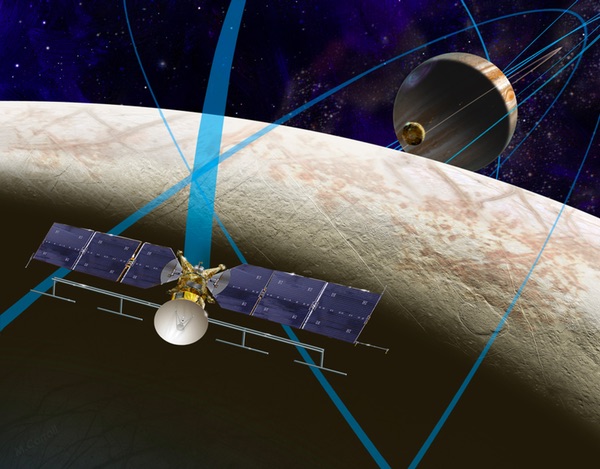For most of the last ten and a half months, since the release of the administration’s 2016 budget proposal in early February, the space community debated who would win and who would lose. While the administration proposed a budget of a little more than $18.5 billion, half a billion dollars more than what the agency received in 2015, many were unhappy with the allocations within the budget. Some wanted more for exploration programs like Orion and the Space Launch System, while others wanted to increase funding for planetary science. If those programs won additional funding, the conventional wisdom went that other programs—Earth science, commercial crew, space technology—would have to lose.
When House and Senate negotiators released the final version of an omnibus spending bill—so named since it combined a dozen separate bills into a single piece of legislation—in the early morning hours last Wednesday, the budget battle turned out not to be a zero-sum game. Thanks to a broader budget agreement approved in October that lifted spending caps on defense and other discretionary programs, like NASA, appropriators were able to spread the wealth. Instead of a lineup of winners and losers, most of the agency’s programs—with a few exceptions—got what they wanted and then some.
NASA overall received $19.285 billion, $755 million above its original request. That largess came in the final budget negotiations, after the budget agreement. A House bill passed in June funded NASA as its original request (albeit with shifts of funding within agency programs), while a bill Senate appropriators approved in June offered only $18.3 billion for NASA.
A quick review of the budget showed some clear winners. One of the biggest was SLS. NASA had requested a little more than $1.35 billion for the heavy-lift launch vehicle in its 2016 budget request, an amount criticized by the vehicle’s Congressional proponents as far too small. SLS instead received $2 billion in the final bill, nearly 50 percent above the request and more than even the increase earlier provided in the House and Senate bills.

